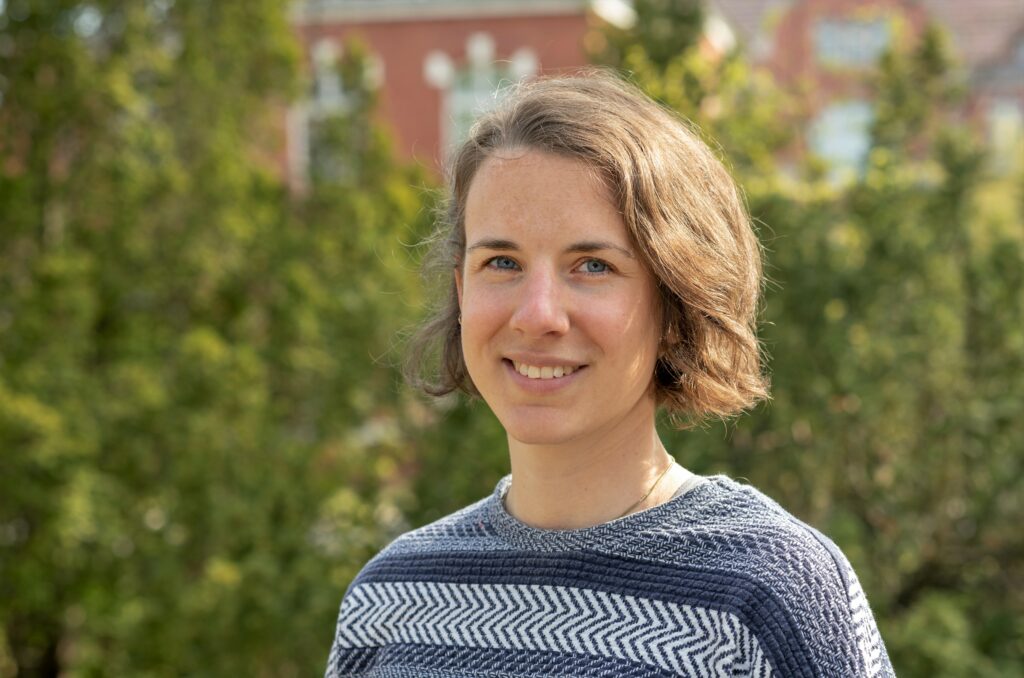Phenological observations
What plants grow in your own environment? When exactly do the flowers bloom? And how long do they bloom? What role does climate and climate change play in this?
The observation of phenological processes and phenomena offers a valuable opportunity to make climate change and its consequences visible and tangible (Nordt et al. 2021). In the mAc format Phenological Observations, participating students engage with precisely these questions over an extended period. They make independent observations and collect data on specific plants in their own environment over the course of a school year, which in turn is consistent with the inquiry-discovery learning approach (Rinschede 2007).
Pursuing the spirit of transdisciplinarity (Scholz and Steiner 2015), the students have the opportunity to get in contact with experts from the University of Vienna or the Vienna Botanical Garden or with “like-minded people”, i.e., students from other schools. The networking of participating students from all over Austria with the help of a digital forum offers not only the possibility of exchanging experiences and mutual support, but also the possibility to compare the phenological phases at the different locations. This allows a conclusion to be drawn about the influence of the respective climatic conditions on the plant world. To put their own data into a bigger picture, the students’ observations can be integrated into the international research project PhenObs.
The mAc format Phenological Observations was created in collaboration with the Vienna Botanical Garden under the direction of Prof. Michael Kiehn. Therefore, in addition to the observations at the school site, a visit to the Botanical Garden is also made possible, if necessary.
Like all projects, some preliminary work is necessary for the implementation of the phenological observations. Since the students as well as the teachers prepare themselves for the individual observations in the first phases, and an observation of the plants only makes sense when nature awakens to new life, it makes sense to carry out this format in spring, i.e. in the summer semester.
In combination with the phenological observations, the creation of a school garden can be a valuable activity for the participating schools in the interdisciplinary project-based teaching, because the phenological phases of the plants can be well observed throughout the year.

For further information, please contact Irina Heitmann at UIBK (University of Innsbruck)!
Literature:
Nordt, B. et al. (2021): The PhenObs initiative: A standardized protocol for monitoring phenological responses to climate change using herbaceous plant species in botanical gardens. In: Functional Ecology. pp. 1-14.
Rinschede, G. (2007): Geographiedidaktik. Schöningh, Paderborn, p. 191.
Scholz, R. W.; Steiner, G. (2015): The real type and ideal type of transdisciplinary processes: part I-theoretical foundations. In: Sustain Sci 10 (4), pp. 527-544. D
